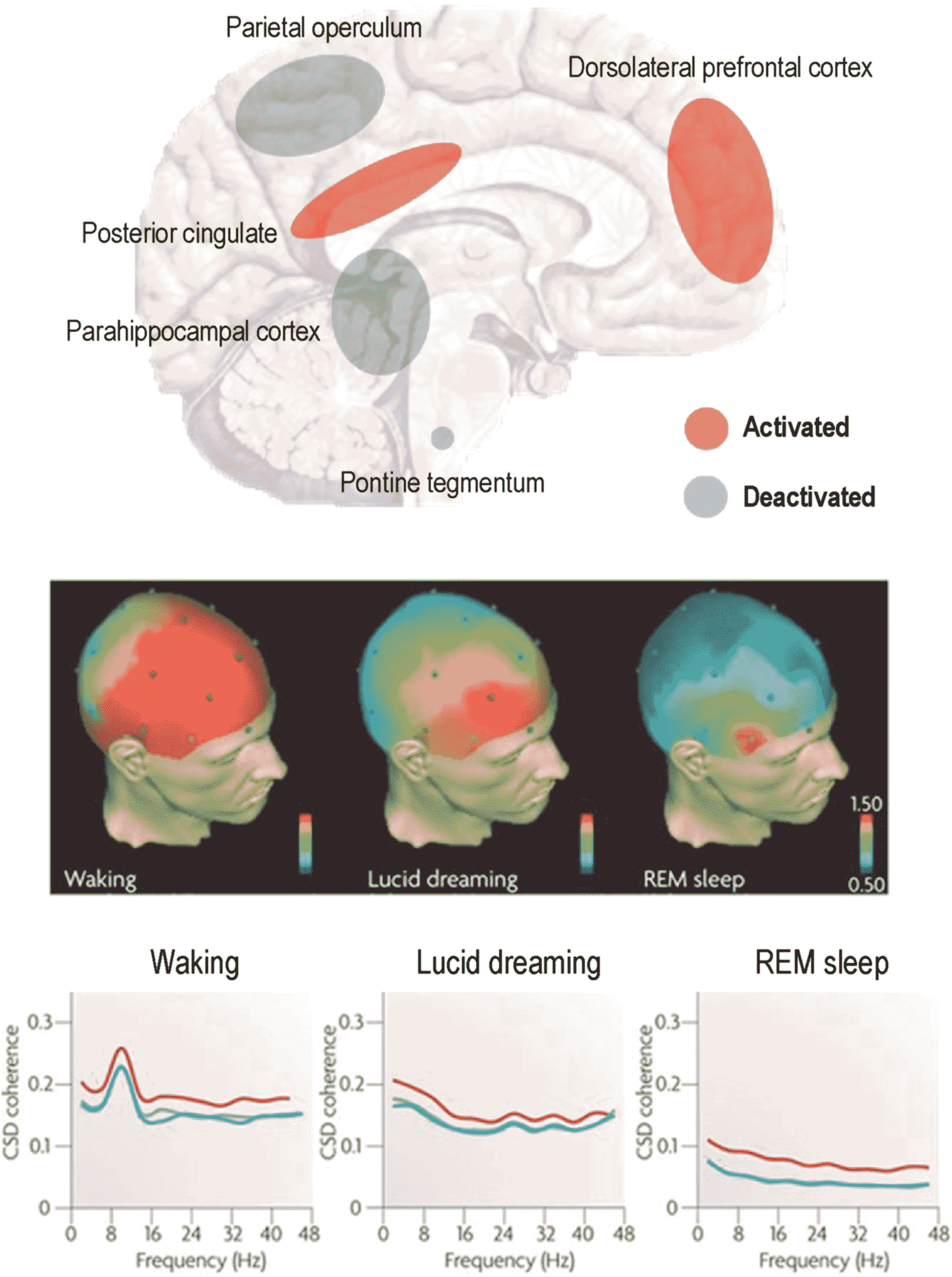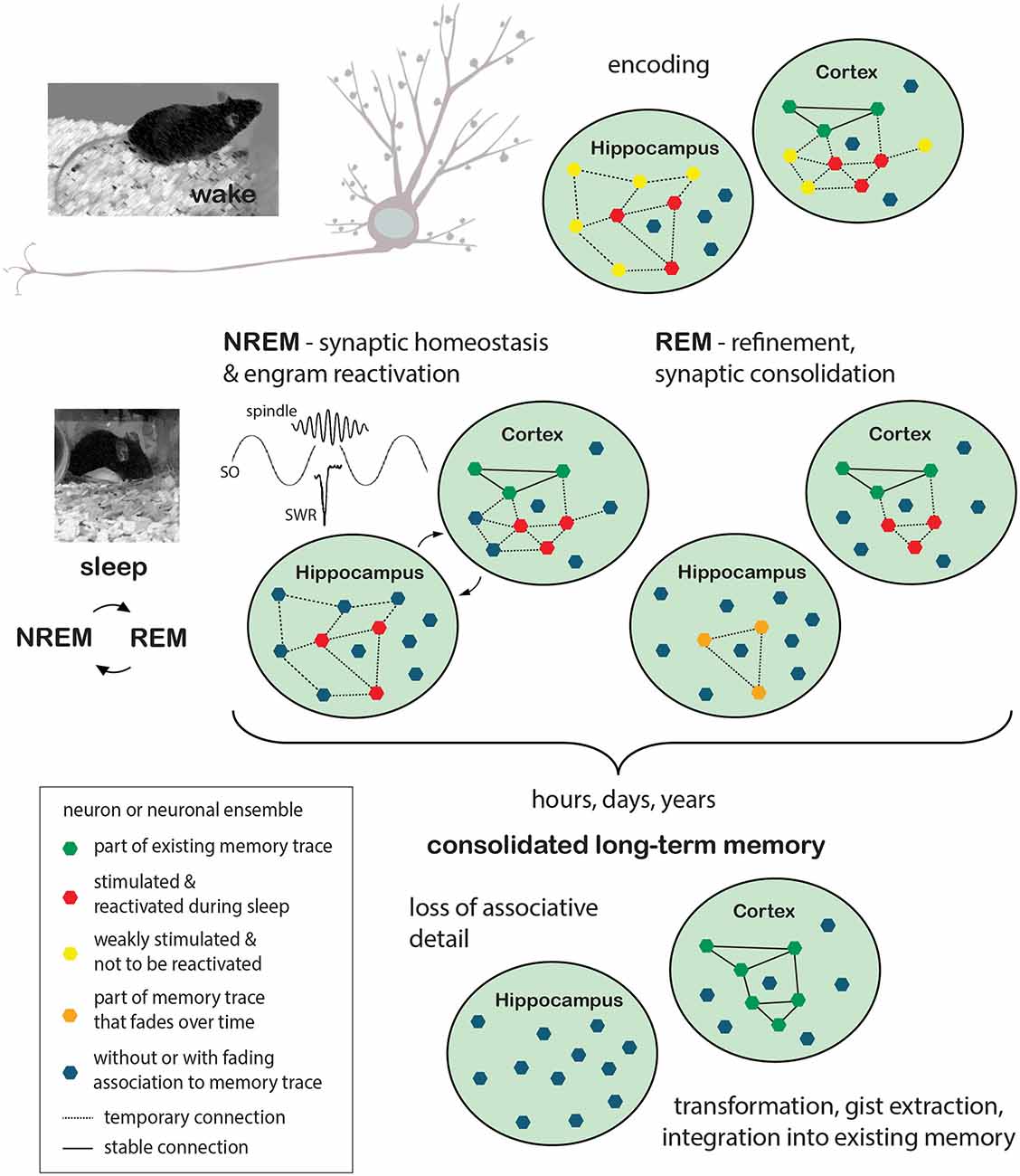The Sleeping Brain Suppresses External Inputs When Dreaming, But Not During All Sleep

To better understand how the brain protects itself from outside influences, researchers invited 18 participants to a morning nap in the lab.

Minds and Brains, Sleep and Psychiatry Psychiatric Research and Clinical Practice

Frontiers Molecular Mechanisms of Memory Consolidation That Operate During Sleep

Regional variation in cholinergic terminal activity determines the non-uniform occurrence of cortical slow-wave activity during REM sleep

Neuroscience of sleep - Wikipedia

Sleepers Selectively Suppress Informative Inputs during Rapid Eye Movements - ScienceDirect

Frontiers Roles for Sleep in Neural and Behavioral Plasticity: Reviewing Variation in the Consequences of Sleep Loss
How does the brain decide when to go into a sleeping state and what happens when one should sleep but can't? - Quora

Neuroimaging of Brain Oscillations During Human Sleep

Dreaming Sleep Official Website

Sleep Spindles: Mechanisms and Functions

a) Hypothetical explanation of the absence of tinnitus in dreams as